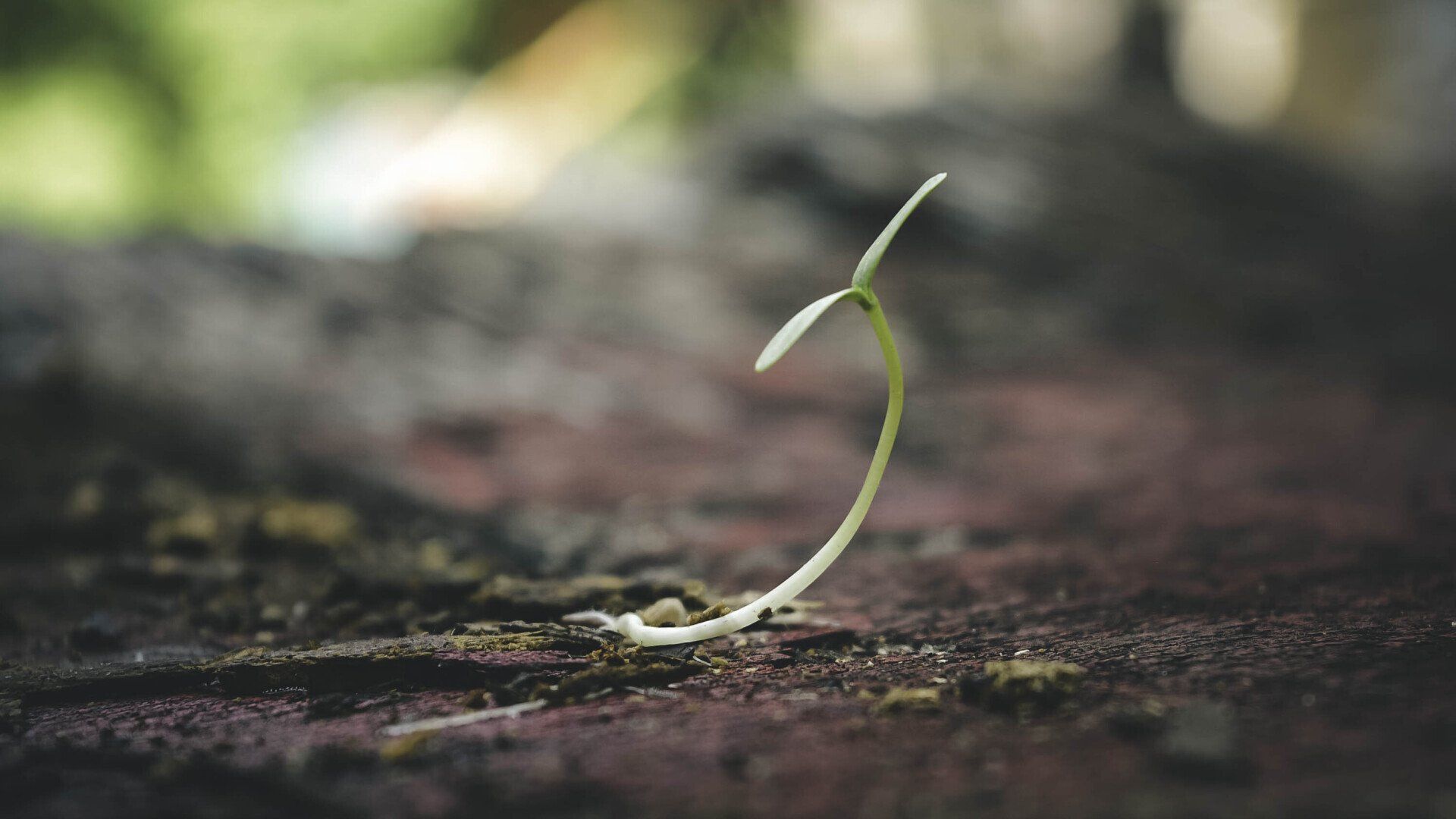By Fred Johnson
•
01 Apr, 2024
At the time of posting this, it is the first day of April and here in middle Tennessee spring has fully begun! We have mild winters compared to many places in the world, but by the time spring finally rolls in, you’d think we middle Tennesseans had just escaped the arctic tundra! We welcome the budding trees and new-growth grasses. We endure the waves of pollen collecting on every imaginable surface everywhere. We recite at least once in the month of April the old proverb, “April showers bring May flowers.” I like to imagine we do this to instill the hope that our long suffering through tornado season and seasonal allergies will be rewarded with brighter days and beautiful flowers. There’s certainly nothing wrong with hope. I recommend it. The key is, in what or whom we place our hope. Hope in a brighter future is just one antidote for worry about it. Unfortunately, I think we all occasionally fall prey to the mounting pressures brought on by changes in our environment. The hope for May flowers can fail to comfort you when the showers of April coming your way include severe thunderstorms, tornados, or hail. These external stressors can certainly shake our internal peace or rob us of our mental health. A major factor that influences how much stress impacts us and our behavior is the location of what we perceive controls our life. This perception of the location of what controls our life events is called Locus of Control and was termed by Julian Rotters in 1954. He suggested that what we perceive as the underlying main cause(s) of the events in our lives determines a lot about how we respond to stress and challenges both now and in the future. He categorized two main location types: Internal and external. Here's a very basic summary of his brilliant model: to the extent you believe the location of control for your life lies within you (ex: your actions, attitudes, or decisions), or in external forces (Ex: fate, luck, or God), can have a major impact on your life. Everything from how you cope with stress, to deal with set-backs, or even decision making about your own future. It is important to note, most people fall somewhere between these two extremes. Externalizers is the term for those who feel like the cause or reason for their problem/discomfort/stress is outside of themself, originating from another person or situation. Internalizers believe they are responsible for they current situation and everything that happens is a consequence of their choices. As you can imagine, neither of these extremes is desirable. Here's an example: Event: An email arrives detailing an increased work load without increase in pay. Externalizer: "This isn't fair! I'm already stressed out and can barely keep up. They just want to drain every ounce of energy I have. Another nail in my coffin!" Internalizer: "Wow, I must be doing a great job! If I keep this up, they are going to promote me for sure. I've just got to keep it up. I can do it." Now if you read that and thought, "If only I was able to have that internalizer's attitude!" Let me warn you: for those that carry the responsibility of good and bad on their shoulders, failure becomes personal. A healthy balance of the two is suggested. No matter where you land on this spectrum of Locus of Control, let me give a helpful tip to encourage you to move more towards the middle. It is a simple phrase, credited to Viktor Frankl, "God determines what we go through. We determine how." You and I are certainly not in control of everything that happens to us in life. No one is able to be good enough all the time to prevent tough situations from happening. We must relinquish our impulse to demand control of it all, while also picking up the responsibility to navigate it. When you are facing unforeseen circumstances, remember this quote. Finding balance in who controls what in your life can be freeing.















